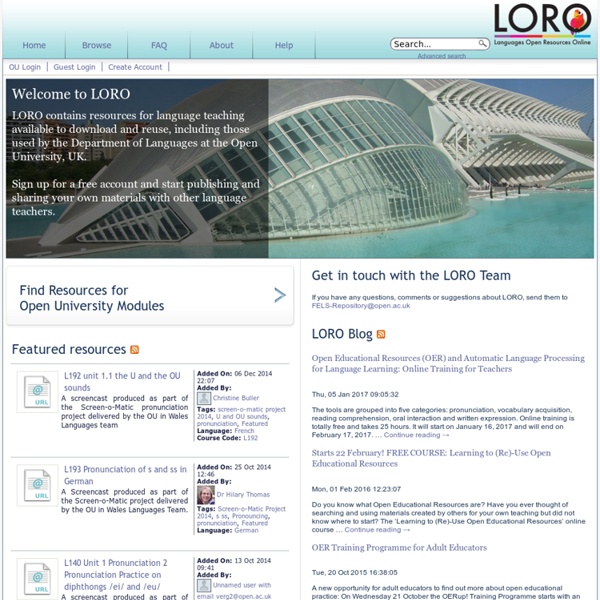



Infographic Version - Babson Study Opening the Curriculum 2014 The Great Open Access Swindle In my digital scholarship book, I make two pleas, the first is for open access publishing, and the second is for scholars to own the process of change. I've never been great at a rousing finish, but the book ends thus: "This is a period of transition for scholarship, as significant as any other in its history, from the founding of universities to the establishment of peer review and the scientific method. It is also a period that holds tension and even some paradoxes: it is both business as usual and yet a time of considerable change; individual scholars are being highly innovative and yet the overall picture is one of reluctance; technology is creating new opportunities while simultaneously generating new concerns and problems.......For scholars it should not be a case of you see what goes, you see what stays, you see what comes, but rather you determine what goes, what stays and what comes." Ironically, openness may lead to elitism. It will create additional cost.
Le guide du web pédagogique 2011 : Langues Vivantes Par Christine Reymond Coups de cœur Audio Lingua Ce site vous propose une banque de fichiers MP3 en français (FLE), allemand, anglais, espagnol, italien, portugais et russe. Echanges et communication APLV et Les Langues Modernes L’Association des Professeurs de Langues Vivantes vous propose une réflexion de fond sur notre profession et l’enseignement des langues vivantes, du primaire à l’université. Association Cyber-Langues L'association organise un colloque en août chaque année qui permet aux enseignants de langues de se rencontrer et d'échanger sur leurs pratiques innovantes, l'usage des TICE et la mise en place des nouvelles réformes (CECRL, groupes de compétence, classes pupitres, oral au Bac STG, etc.). Projets collaboratifs: European Schoolnet Projets et correspondance en Europe: eTwinning Projets internationaux et correspondance: ePals Films Lexilogos
social media – with/against academic writing? When I go on the road – as I have just done – I always try to take with me a couple of slim volumes that I can dip in and out of. These are not the academic equivalent of airport novels. Rather, they are often books with quite serious philosophical intent. On this last trip I carried Gerald Raunig’s most recent book ”Factories of Knowledge: Industries of Creativity” (2013) in which he analyses contemporary global politics and sources of opposition to them. 13. 14. 15. 16. Each of these points of course could host an entire book, lecture or conversation, but I just want to talk now about one response. For someone who thinks about how doctoral and early career researchers might understand the academic writing game – and play it – these four contentions are pretty challenging. Much the same dilemma faces school teachers who are critical of the examination system. It is this kind of with/against politics that seem to me to be most pertinent in relation to academic writing too. Like this:
Introduction to Openness in Education Welcome to Introduction to Openness in Education. This course provides a broad overview of the ways in which openness impacts many areas of education – curriculum, instruction, learning, policy, technology, research, and finance, among others. My name is David Wiley, and I'm the designer of your open course. The main goal of this course is to give you a broad but shallow grounding in the primary areas of work in the field of open education. If you’ve never taken an open course, you’ll want to pay close attention to Module 1 which describes how the course works. I’m looking forward to learning together with you!
La danza de la vida De l'EAO au web.2.0 - Diversité des usages des TIC pour l'apprentissage des langues 1. Préambule - Le long face-à-face des fous de technologies et des soi-disant humanistes sceptiques Je travaille depuis 1969 dans le domaine de la didactique des langues et de l’utilisation des technologies. Enseignement assisté par ordinateur, applications pédagogiques de l’informatique, nouvelles technologies de la / pour la formation, technologies de l’information et de la communication (TIC), Internet, et aujourd’hui web 2.0, j’ai vu défiler de nombreuses appellations et suivi avec attention des développements divers. Toujours préoccupée de didactique plutôt que de gadgets technologiques, j’ai observé bien des emballements excessifs suivis de désillusions. Le milieu des passionnés de la technologie oublie trop souvent les vérités didactiques et pédagogiques de base et réinvente régulièrement la roue ou l’eau tiède. 2. Je parle bien ici d’outils et non d’approches pédagogiques, ce serait un autre point d’entrée. 3. Les TIC comme moyen de publication, de création d’un objet. 4. 5. 6.
An Error Occurred Setting Your User Cookie There are many reasons why a cookie error could occur. Below are the most common reasons and what you can do to fix it: Your browser asks you whether you want to accept cookies and you declined. To find out more about cookies and for help on how to manage them, visit www.aboutcookies.org